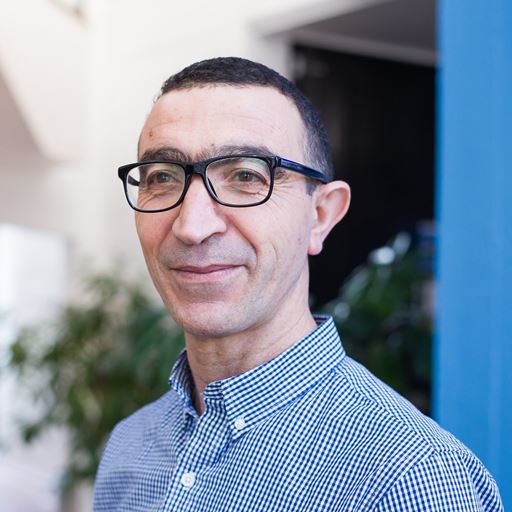Dr Mohamed Sraieb, from our Department of Economics, challenges the popular view that cash should be given to well-governed countries, while countries with less developed accountability, and potentially corrupt regimes, should only be given structural aid.
He suggests the reverse should be true, and in fact less-developed countries, which in theory are less able to redistribute money successfully, should be given proportionally more cash, alongside support for relatively smaller projects, while richer, well-governed countries should get less cash and should also be expected to partially-fund structural projects themselves (co-financing), rather than expecting outside help for the total cost.
Working with Professor Patrick Legros (Northeastern University and Universite libre de Bruxelles), Dr Sraieb looked into how individuals and organisations can make sure their donations are spent wisely through improved redistribution of wealth between the rich and the poor in a country.
Importantly, this targeting of poor or rich through infrastructure projects is shown to have an inverted 'U' relationship with recipients' income: donors start by targeting the poor, funding projects more orientated towards the poor, for instance a school in a rural area, and then switch to projects relatively targeting the rich, such as a telecommunication network or highway.
Their conclusions are to be presented at the Royal Economics Society Conference in Brighton (26-28 March).
As he explained: “We wanted to look at how a donor, who wants to make a difference in a country by helping it to develop, not just in producing goods and services, but also through redistribution of wealth, can decide which projects to support and the best way to provide help.
“We found there isn’t a single solution - providing help in different ways is a crucial element of the effectiveness of aid, perhaps as important as the aid level itself.”
Altruristic Donors, Development and Redistribution is one of a number of papers from the Department of Economics, Essex Business School and the Institute for Social and Economic Research being presented at the conference.





